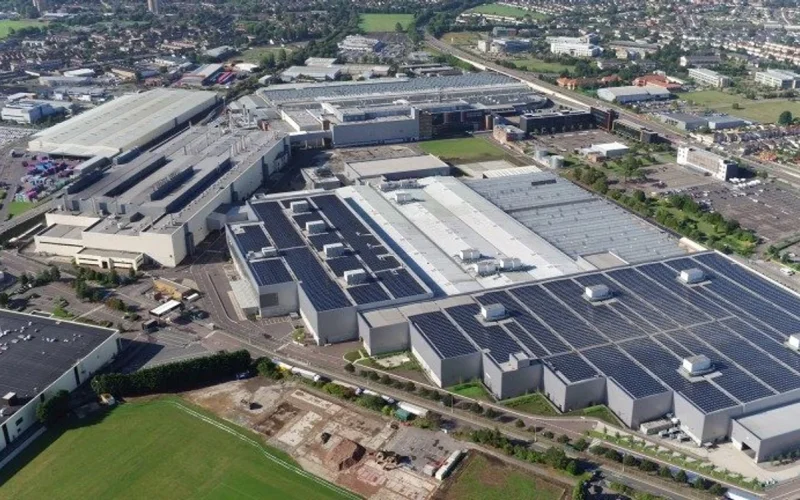BMW has announced a delay to its planned US$733 million upgrade at its Oxford Mini plant, citing ongoing challenges in the electric vehicle (EV) market. The decision underscores broader industry concerns and ongoing discussions between the UK government and automakers over the feasibility of EV production targets.
The postponement raises questions about the future of EV manufacturing in the UK, as BMW points to “multiple uncertainties facing the automotive industry” as key reasons behind the decision. The upgrade, which was set to boost the plant’s capacity for electric Mini production, is now on hold while the company reassesses market conditions.
BMW’s decision aligns with wider industry concerns regarding the Zero-Emission Vehicle (ZEV) mandate, a policy requiring manufacturers to gradually increase their share of EV sales each year. Automakers have criticised the targets as overly ambitious, arguing that market conditions and infrastructure development have yet to match regulatory demands.
Despite the scepticism, the UK’s EV market share reached 19.6% in 2024, surpassing the 18% target set under the ZEV mandate, when considering regulatory flexibilities. This growth suggests that automakers are adapting to the transition, albeit with reservations about future targets.
While the EV production upgrade is on hold, BMW has reaffirmed its commitment to the Oxford plant, highlighting its pivotal role in Mini production and exports.
“Plant Oxford is at the heart of Mini production, manufacturing and exporting a range of models, which are sought after in the UK and around the world,” BMW stated.
The company confirmed that much of its planned investment is still moving forward, including the construction of a state-of-the-art logistics facility designed to modernise the site.
Despite industry concerns, major carmakers—including Hyundai, Stellantis, BMW, Mercedes-Benz, SAIC, and Geely—have successfully met the UK’s 2024 ZEV mandate. This has been achieved through a combination of increased EV sales and reductions in emissions from internal combustion engine vehicles.
A Transport & Environment (T&E) report argues that the mandate is proving effective and should not be weakened, warning that adjustments could undermine consumer choice and regulatory stability.
“Carmakers are meeting the ZEV mandate despite all the complaints,” said Anna Krajinska, Director of T&E UK.
“The result is a growing UK EV market and many cheaper models for consumers to go electric. The Government must stand firm against calls to water down the law and instead focus on delivering a robust industrial strategy for the automotive sector.”
The Department for Transport is considering reintroducing the 2030 EV deadline while working to protect automotive jobs. This approach is supported by a majority of manufacturers who are aligning their production strategies with the UK’s long-term emissions targets.
As the UK transitions towards electric mobility, the interplay between regulatory policies and market realities remains crucial. BMW’s decision to delay its Oxford plant expansion highlights the complexities of this transition, reinforcing the need for ongoing collaboration between policymakers and the automotive industry to ensure a balanced, sustainable shift towards EV production.

















